Sergei Urusevsky
出生 : 1908-12-10, Saint Petersburg, Russian Empire
死亡 : 1974-10-12
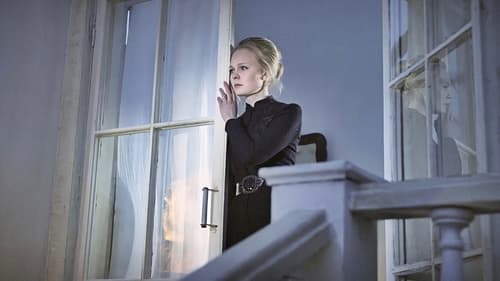
Director of Photography
About the life and work of the poet Sergei Yesenin, his connection with his native country, its people and nature. Childhood, love, painful searches for his place in the new, revolutionary Russia — everything found a place in Yesenin's lyrics. Frames illustrating Yesenin's poetry and poems are side by side in the film with episodes of the poet's biography: the film reflects the days of his stay in America, World War I, revolution and village round dances, a daring uncle, a wise mother...

Writer
About the life and work of the poet Sergei Yesenin, his connection with his native country, its people and nature. Childhood, love, painful searches for his place in the new, revolutionary Russia — everything found a place in Yesenin's lyrics. Frames illustrating Yesenin's poetry and poems are side by side in the film with episodes of the poet's biography: the film reflects the days of his stay in America, World War I, revolution and village round dances, a daring uncle, a wise mother...

Director
About the life and work of the poet Sergei Yesenin, his connection with his native country, its people and nature. Childhood, love, painful searches for his place in the new, revolutionary Russia — everything found a place in Yesenin's lyrics. Frames illustrating Yesenin's poetry and poems are side by side in the film with episodes of the poet's biography: the film reflects the days of his stay in America, World War I, revolution and village round dances, a daring uncle, a wise mother...

Director
Based on Chingiz Aitmatov’s novel "Farewell, Gyulsary!" The story of Tanabai the blacksmith, father of three children, who upon his return from war became a herdsman, and his tragic love for the soldier’s widow Byubyudzhan. The lyrical poem has an additional storyline concerning the horse Gyulsary and his master Tanabai.
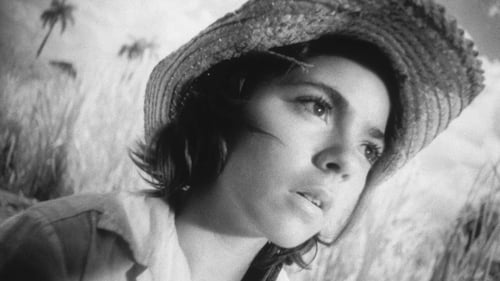
Cinematography
Four vignettes about the lives of the Cuban people set during the pre-revolutionary era.
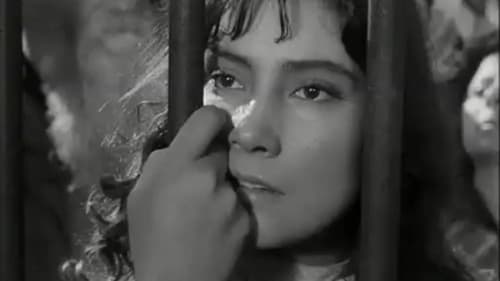
Director of Photography
Four geologists are searching for diamonds in the wilderness of Siberia. After a long and tiresome journey they manage to find their luck and put the diamond mine on the map. The map must be delivered back to Moscow. But on the day of their departure a terrible forest fire wreaks havoc, and the geologists get trapped in the woods.
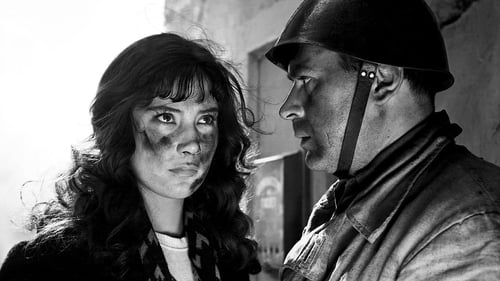
Director of Photography
Veronika and Boris come together in Moscow shortly before World War II. Walking along the river, they watch cranes fly overhead, and promise to rendezvous before Boris leaves to fight. Boris misses the meeting and is off to the front lines, while Veronika waits patiently, sending letters faithfully. After her house is bombed, Veronika moves in with Boris' family, into the company of a cousin with his own intentions.

Cinematography
An unexpected romance occurs for a female Red Army sniper and a White Army officer.

Cinematography
In one of the steppe regions of Kazakhstan arrives on Komsomol youth squad. Severe frosts, spring mud flows, exhausting work than their specialty - the development of virgin land does not come easy. But the young are young - they work, enjoy life, fall in love. In the center of the story - the touching romance secretary of the Komsomol organization and tractor driver Anne.

Director of Photography
On falling in love with Sergey, Natasha gives up studies at a pedagogical institute and accompanies him to a construction site. In a course of time she realizes that her husband is interested only in his work. She leaves him, graduates from the institute and works as a teacher. But Sergey is fired for authoritative style of work and Natasha realizes that she must be near to him in his hour of need.
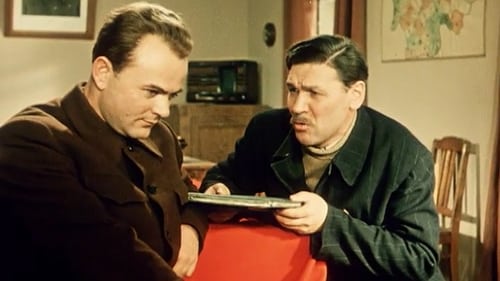
Cinematography
Originally titled Vozvrachenia Vassilya Bortnikov, Vassili's Return was the last directorial effort by the great V.I. Pudovkin, who died in June of 1953. Like many of Pudovkin's later works, the film was diluted by interference from communist party officials; what remains, however, is well worth having, if miles removed from the brilliance of his earlier Mother, End of St. Petersburg and Storm over Asia. Based on a novel by G. Nikolayeva, the story centers upon a Russian named Vassili (Serge Lukynaov), who leaves his wife to do battle against the Germans in WW II. When Vassili is reported to have been killed in battle, his wife Avodtya (Natalya Medvedeva) marries another man. Per the film's title, Vassili returns, only to find his wife ostensibly out of his reach. Vassili and his former spouse eventually reunite as friends if not lovers, working side by side on a state-approved collective farm.
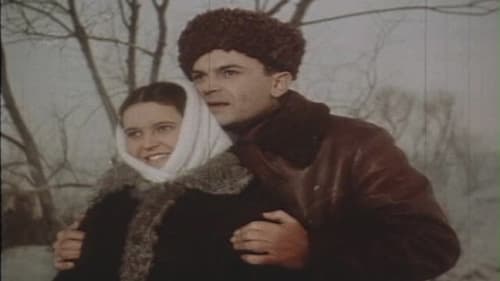
Cinematography
Soviet filmmaker Yuri Raisman once more combines political dogma with solid entertainment values in Dream of a Cossack (aka Cavalier of the Golden Star). The title character, played by future director Sergei Bondarchuk (and billed for obscure reasons as Semyon Bondarchuk), is an ex-soldier who returns home to the Kuban region, there to take up life as a farmer. Instead, he galvanizes the local citizenry into participating in a massive construction project, which will result in a new power station and canal. Thus does Raisman offer an prime example of Russian collectivism while making it seem as though it had sprung from individual initiative. Dream of a Cossack is based on a popular novel by S. Babayefsky.

Cinematography
Mark Donskoy went to the wilds of Siberia to film this Soviet movie about a community that resists the temptations of a wicked American capitalist who wants to exploit their lands.

Cinematography
A life-long story of a romantic school teacher who left imperial St. Petersburg for teaching country children. Driven by noble intentions to enlighten people and examples by 1880s revolutionary "People's Will" member teachers, a young woman spent her life in a village and evidenced the changes a Russian village has undergone from pre-revolutionary tsarist times to late 1940s.












